Remember a time before AI? You can’t? Well, we don’t blame you. That is how, in a short period, AI has entered our lives and completely changed them. Everywhere you look, people are using AI to either perfect their product/business or start a new one.
AI-powered, AI-integrated, etc., have become buzzwords in the industry. As AI makes it easy to manage everything and shortens the time of task executions, people are using it to start a whole new business in a record amount of time by spending half the budget.
That sounds interesting, right? Maybe you also have a business idea but don’t know how to use the power of AI to launch your dream business.
Don’t worry. We will show you how to start a business with AI. Let’s get started-
How Are Businesses Using AI?
AI isn’t just a buzzword—it’s actually changing how businesses work. According to a McKinsey report, AI adoption in businesses has increased by 56% since 2020, with industries like eCommerce, finance, and healthcare leading the charge.
Here’s how AI is making a difference:
- Automates repetitive tasks, freeing up time for strategic work.
- AI processes vast amounts of data to provide insights that humans might miss.
- AI-driven analytics help businesses make smarter and faster decisions.
Let’s see the 10 places in business where AI has truly changed the game-
10 Applications of AI in Business
AI is being integrated into nearly every aspect of business operations. The top areas where AI is making an impact are:
1. Content Generation
Creating high-quality content used to take hours, but now AI tools like Jasper and Copy.ai generate blogs, product descriptions, and ad copy in seconds.
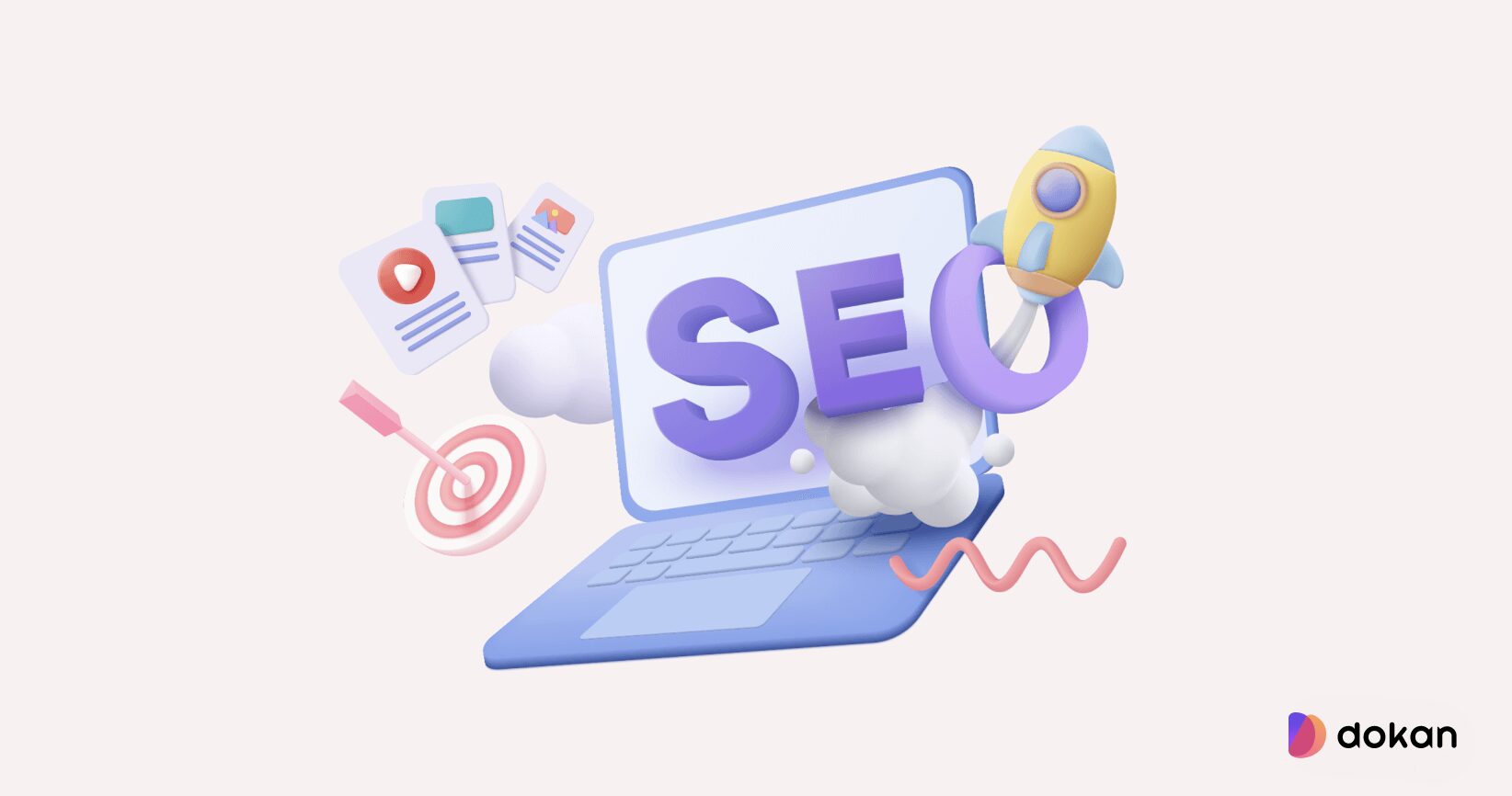
Companies using AI for content creation report a 30% increase in productivity and a 20% boost in engagement compared to traditional methods.
2. Marketing
Marketers are using AI to analyze consumer behavior, predict upcoming trends, and optimize ad campaigns for better returns.
Platforms like HubSpot and Persado use AI to craft personalized marketing messages, leading to a 50% increase in customer engagement and improved ad targeting.
3. Sales
AI-driven chatbots, such as Drift and Salesforce Einstein, provide real-time assistance to potential customers, guiding them through the buying journey.
Businesses that use AI-powered sales automation see conversion rates increase by up to 40%. As these tools nurture leads more effectively than traditional methods.
4. Customer Service
Companies are integrating AI chatbots to handle frequently asked questions and common inquiries, freeing up human agents for more complex issues.
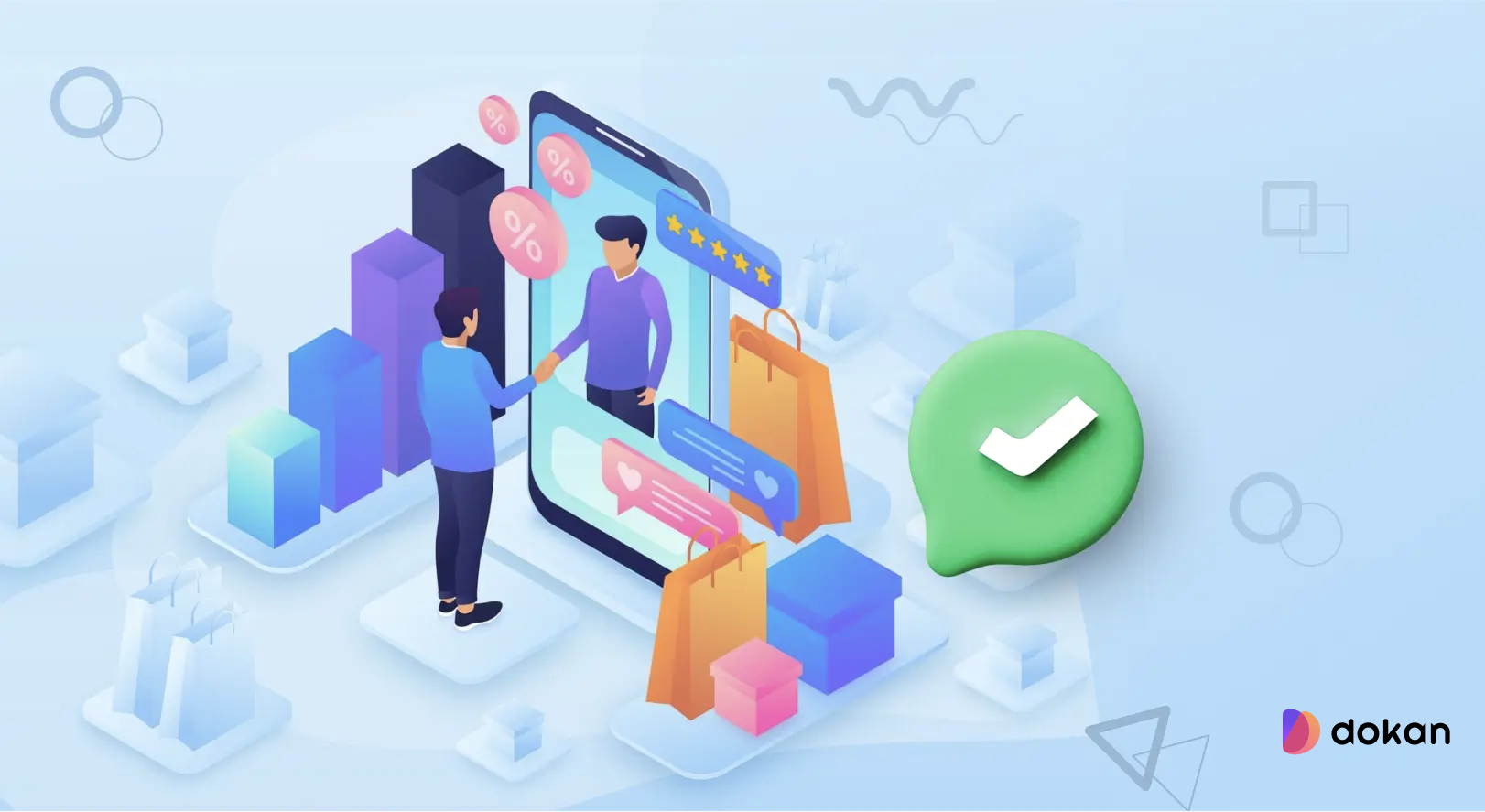
This approach reduces customer service costs by 30%, speeds up response times, and improves customer satisfaction scores.
5. Operations
Supply chain management has been transformed with AI-driven logistics and inventory management. Tools like Llamasoft predict demand fluctuations, optimize delivery routes, and prevent stock shortages. It helps businesses cut waste and increase efficiency by 25%.
6. Human Resources
The hiring process is becoming more efficient with AI recruitment tools that scan resumes, analyze skills, and match candidates to job descriptions.
Software like HireVue reduces hiring time by 75%, minimizes bias, and helps HR teams find the best talent faster.
7. Cybersecurity
With cyber threats evolving daily, AI-powered security systems can detect and neutralize risks faster than traditional security measures.
Platforms like Darktrace analyze network activity in real time, reducing the risk of data breaches by 50%.
8. Legal Departments
AI tools are revolutionizing legal work by scanning contracts, identifying risks, and automating document review.
Law firms using AI report saving 30-50% of their time, allowing lawyers to focus on strategic tasks rather than paperwork.
9. Accounting
Financial tracking has never been easier with AI-powered bookkeeping tools like QuickBooks and Xero. These systems automate invoicing, detect discrepancies, and ensure compliance. It reduces errors and improves accuracy by 90%.
10. Finance
Investment decisions are getting smarter with AI-driven trading bots and risk management software.
Hedge funds and financial analysts use AI algorithms to predict market movements, leading to higher returns with lower risk exposure.

How to Start a Business Using AI in 6 Steps
The impact of AI in businesses is truly a game-changer. That is why the adoption rate of AI in different businesses has been increasing at in exponential rate.
Ready to get started? Here’s how to start a business using AI in 6 steps-
1. Generate Ideas
Coming up with a profitable business idea can be challenging, especially in a competitive market. AI-powered tools like ChatGPT, Idea Generator, and Bizway analyze industry trends, search volumes, and consumer demands to suggest innovative business ideas.

These tools gather data from sources like Google Trends, social media, and competitor websites to identify gaps in the market.
How AI helps:
- Identifies trending industries and emerging markets.
- Suggests high-demand products or services based on customer behavior.
- Analyzes competition and helps you find unique value propositions.
Example:
Suppose you’re interested in starting an eCommerce business but unsure what to sell. In that case, AI can analyze platforms like Amazon, Etsy, and Shopify to identify trending products, evaluate competition, and even provide potential pricing strategies.
It can suggest high-demand items like eco-friendly products, smart home gadgets, or personalized gifts, helping you start with a data-backed approach.
2. Conduct Market Research
Market research is essential for understanding your target audience, industry trends, and competitors. AI tools help analyze search behavior, customer preferences, and competitor performance.
How AI helps:
- Tracks industry trends and customer interests in real-time.
- Analyzes competitors’ pricing strategies, marketing campaigns, and product performance.
- Helps identify underserved customer needs and pain points.
Example:
If you’re planning to launch a fitness brand, AI can analyze social media discussions, consumer reviews, and search trends. It can identify the growing demand for smart workout equipment, wearable fitness trackers, and personalized nutrition plans.
It can also assess what customers like and dislike about existing products, helping you develop a competitive edge.
3. Create a Product
Whether you’re developing a digital or physical product, AI can assist with design, prototyping, and testing.
Various AI-powered platforms make product development more efficient by automating processes and reducing costs.
AI tools for product creation:
- Canva AI & Adobe Firefly – Helps with graphic design and branding materials.
- Runway ML & Synthesia – Generate AI-powered video content for courses, ads, and social media.
- ChatGPT & Jasper AI – Assist with writing product descriptions, courses, and digital content.
- Ponoko & Autodesk AI – Assist with 3D modeling and prototype design.
Example:
An entrepreneur creating an AI-powered online course platform can use AI to:
- Generate educational content.
- Auto-create quizzes and assessments.
- Provide personalized learning paths based on student progress.
For a fashion business, AI can help in designing apparel by analyzing fashion trends, predicting seasonal demand, and even creating fabric patterns.
4. Brand Your Business
Branding helps you stand out and connect with customers. AI-powered branding tools can create logos, color schemes, brand names, and messaging tailored to your industry and audience.
AI tools for branding:
- Looka & LogoMakr – Generate professional logos based on industry trends.
- Namify & BrandBucket – Suggest unique and catchy business names.
- Copy.ai & Jasper – Write compelling brand stories, taglines, and social media bios.
- Khroma & Colormind – Recommend color palettes that resonate with your brand identity.
Example:
A startup launching an eco-friendly skincare brand can use AI to:
- Generate a nature-inspired logo.
- Suggest a name like “GreenGlow” or “PureEarth” based on sustainability trends.
- Create a compelling brand story emphasizing natural ingredients and ethical sourcing.
5. Start Selling
AI makes selling easier by optimizing pricing, managing inventory, and automating customer interactions.
If you are selling physical products, digital goods, or services, AI can manage the sales process.
How AI helps with selling:
- Shopify AI & BigCommerce – Automate store management and product recommendations.
- RepricerExpress – Adjusts prices dynamically based on demand and competition.
- Tidio & Drift – AI-powered chatbots that assist customers 24/7.
- Zoho Inventory & Netstock – AI-based inventory management tools that prevent stock shortages and overstocking.
Example:
A dropshipping business using Shopify AI can:
- Get automated product recommendations based on customer preferences.
- Use dynamic pricing to adjust product costs based on supply and demand.
- Automate order fulfillment with AI-powered inventory tracking.
For a digital service business, AI-powered tools can assist with scheduling, payment processing, and even customer support.
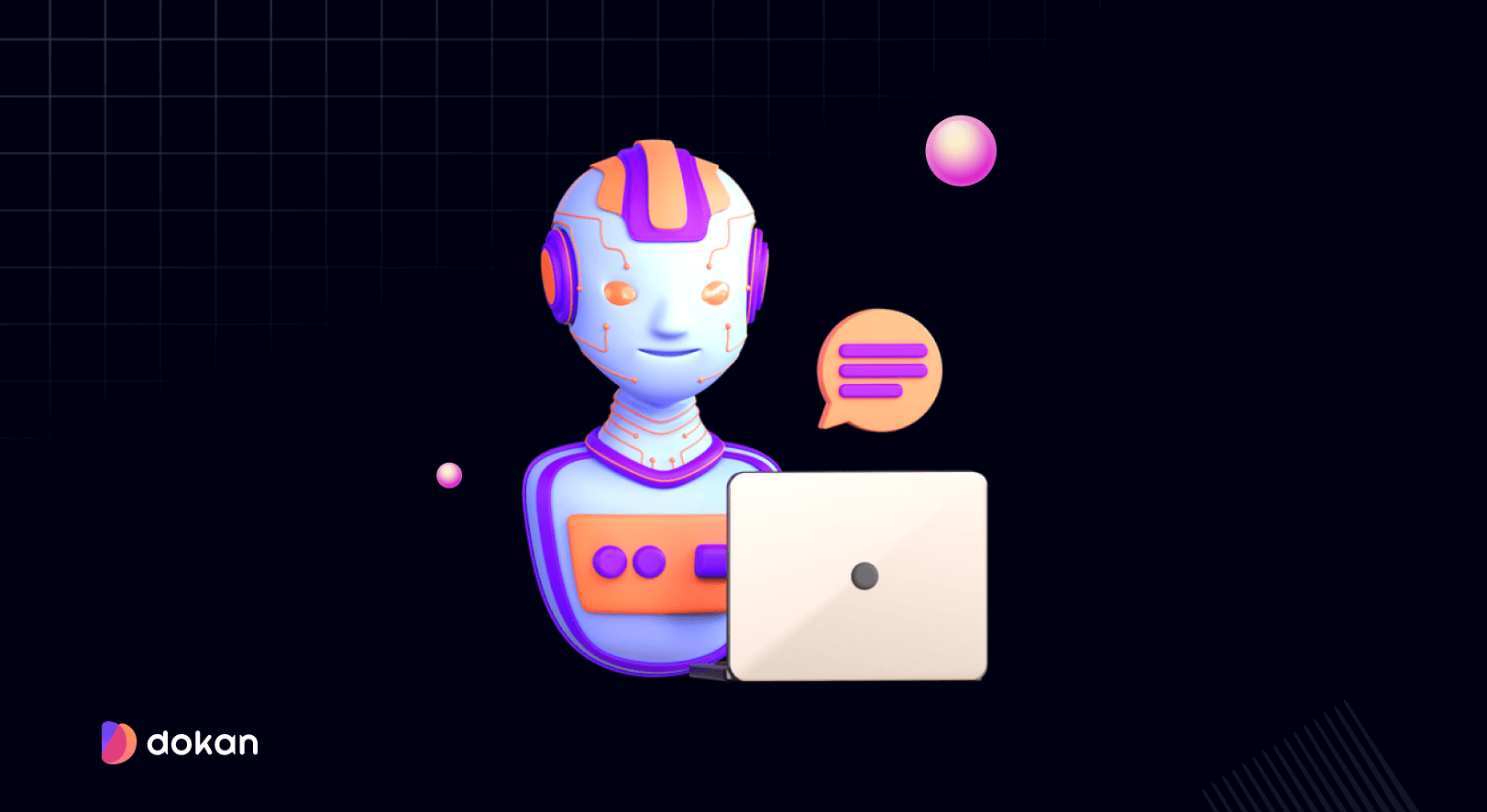
6. Market Your Business
AI-driven marketing tools analyze consumer behavior, predict the best ad strategies, and automate campaigns for maximum engagement.
Whether it’s social media, email, or paid ads, AI ensures your marketing is data-driven and optimized for conversions.
AI tools for marketing:
- HubSpot & Adzooma – Automate and optimize ad campaigns.
- ChatGPT & Copy.ai – Generate high-converting ad copy and blog content.
- Phrasee & Persado – AI-driven email subject line optimization for better open rates.
- Hootsuite & Sprout Social – AI-powered social media scheduling and engagement analytics.
Example:
A new eCommerce brand using AI for marketing can:
- Use AI-generated social media posts to increase engagement.
- Automate email campaigns with subject lines A/B tested for maximum impact.
- Optimize Google and Facebook ads based on AI-analyzed customer insights.
For local businesses, AI-driven marketing tools can target location-specific audiences, ensuring better ad performance and local SEO optimization.

Expert Tips for Using AI to Start Your Business
Don’t just jump into using AI. You will only get in more trouble. Before implementing AI on your business, you need to get some facts straight about AI-
Learn About AI
AI is a powerful tool, but understanding its strengths and limitations is crucial for using it effectively. Educate yourself on different AI technologies, such as machine learning, natural language processing, and automation tools.
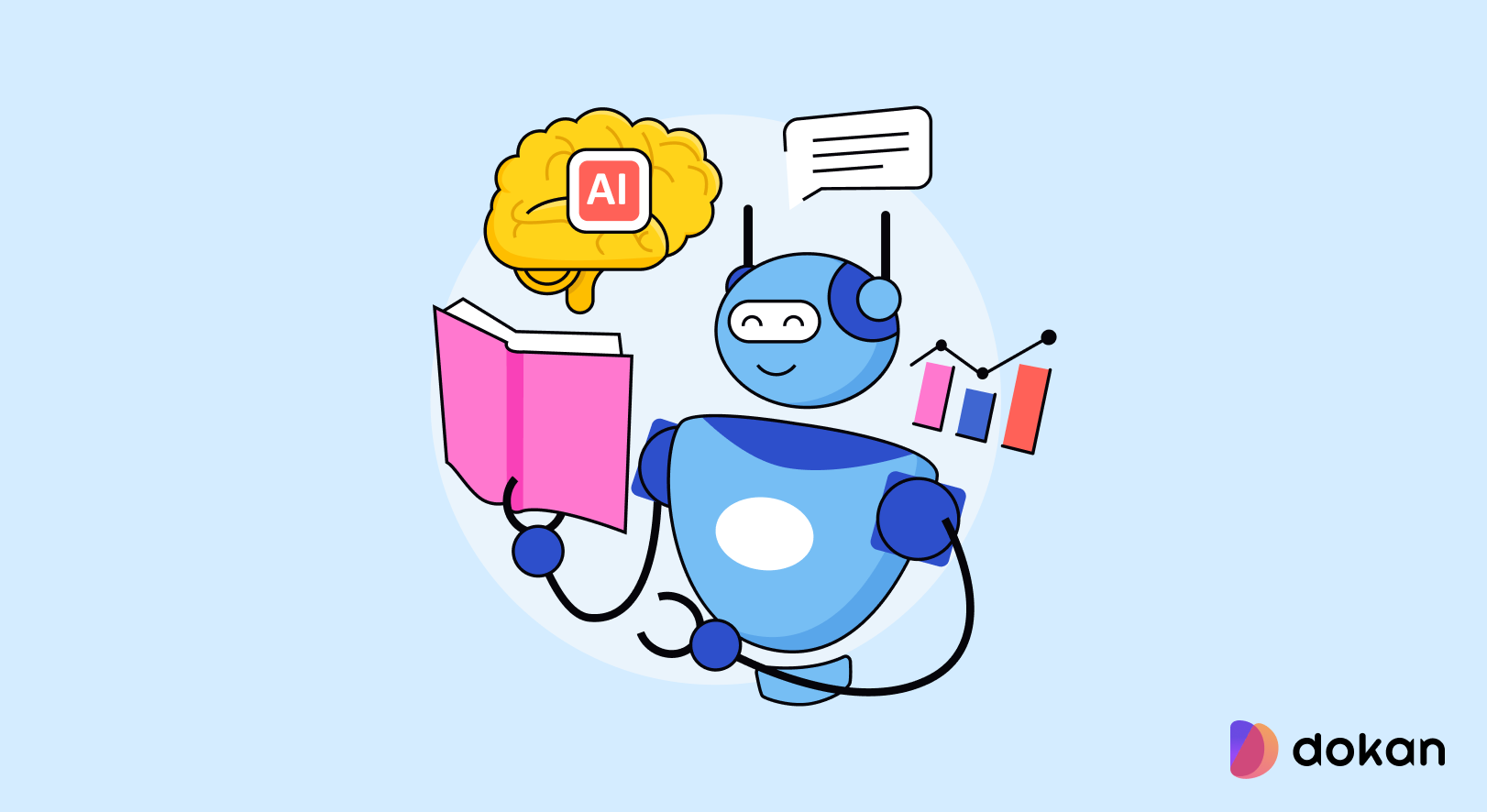
Familiarize yourself with AI-powered applications relevant to your field, whether it’s content generation, data analysis, or customer service. The more you know about AI, the better you can use it to manage your work, improve decision-making, and increase efficiency.
Be Realistic About AI’s Limitations
While AI excels at handling repetitive tasks, analyzing large datasets, and generating content quickly, it still requires human supervision.
AI lacks emotional intelligence, critical thinking, and contextual understanding in complex situations. Mistakes can happen, and biases may be present in AI-generated outputs.
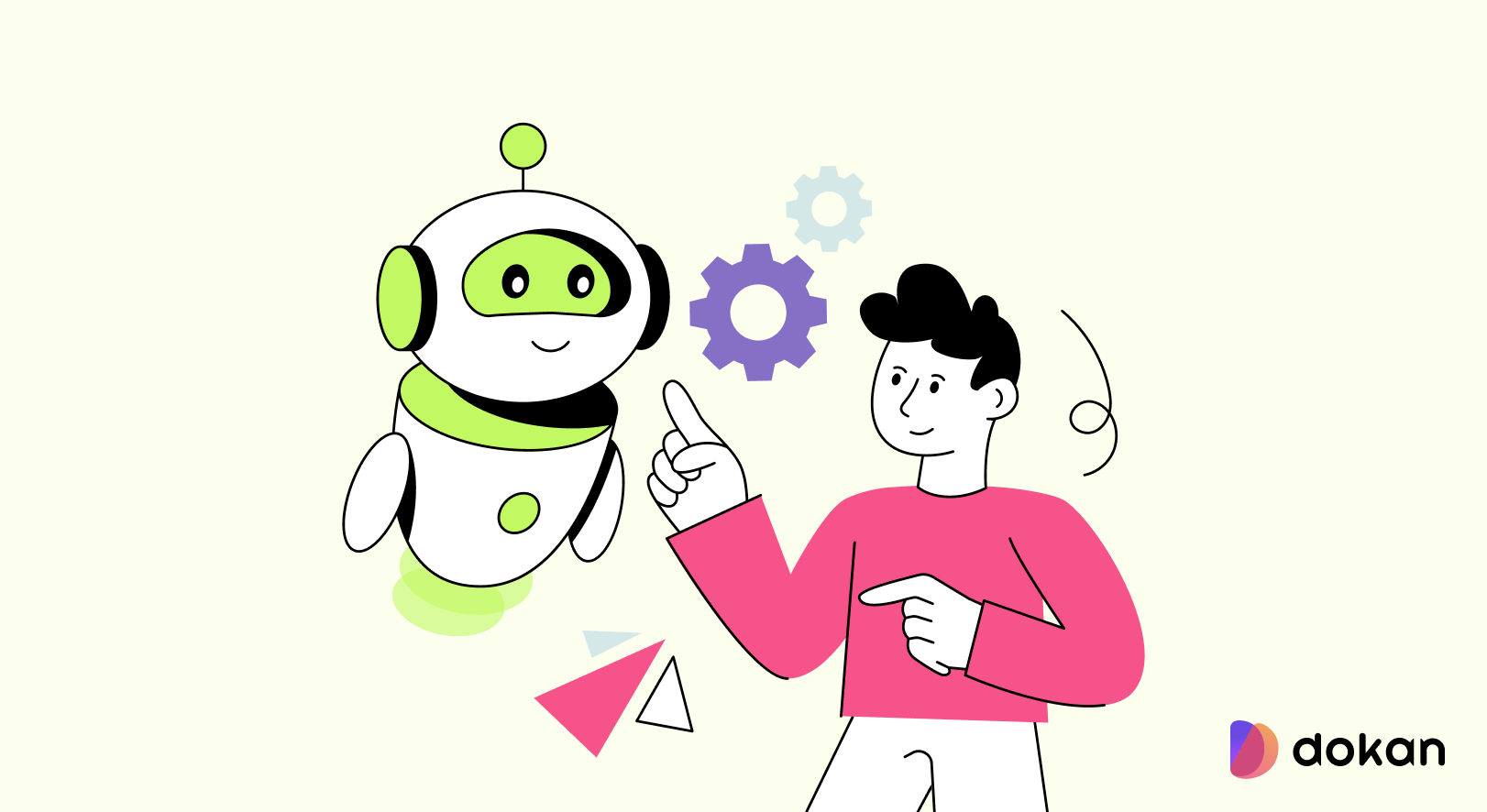
Always review AI-generated work, verify facts, and ensure the final product aligns with your goals. AI should be seen as an assistant rather than a replacement for human judgment.
Use AI to Get You Over the Finish Line
AI can be a great productivity booster, but creativity, strategy, and decision-making should come from you. Use AI to draft content, automate workflows, or analyze trends, but add your personal touch to refine and update the results.
AI can help you get started, suggest improvements, and speed up the process, but the final outcome should reflect your expertise and vision. Instead of relying entirely on AI, use it as a tool to complement and enhance your work.
Free AI Tools to Help You Run Your Business
Here is a list of Free AI tools to help you run your business smoothly-
| Category | AI Tools |
|---|---|
| Writing | ChatGPT, Jasper, Copy.ai |
| Imagery | Midjourney, Canva AI, DALL·E |
| Marketing | HubSpot, Adzooma, Persado |
| Business Ideas | ChatGPT, Copy.ai, Idea Generator |
| Branding | Looka, LogoMakr, Namelix |
| Productivity | Notion AI, ClickUp AI, Trello AI |
| Selling | Shopify AI, WooCommerce AI, BigCommerce AI |
| Product Development | Runway ML, Synthesia, Canva Pro AI |
| Business Development | Apollo.io, Crunchbase AI, LinkedIn Sales Navigator |
Use the Power of AI Today!!
We have compiled all the information and tips you need to start your dream business in 2026. One advice will be, don’t fully rely on AI for everything.
Remember, AI only knows what is available to it, based on that, it will give you its analysis.
But the vision of the business, and what you want to achieve from it, solely depends on you. Based on that, you need to decide how and where you want to use AI.
If you can use AI smartly, then there is no stopping you. It is a vast ocean of possibilities, you need to think how you can use the proper prompts to get what you want.
If you face any trouble while using AI, do let us know in the comment section. We are sure to help.
Subscribe to
Dokan blog
We send weekly newsletters, no spam for sure!

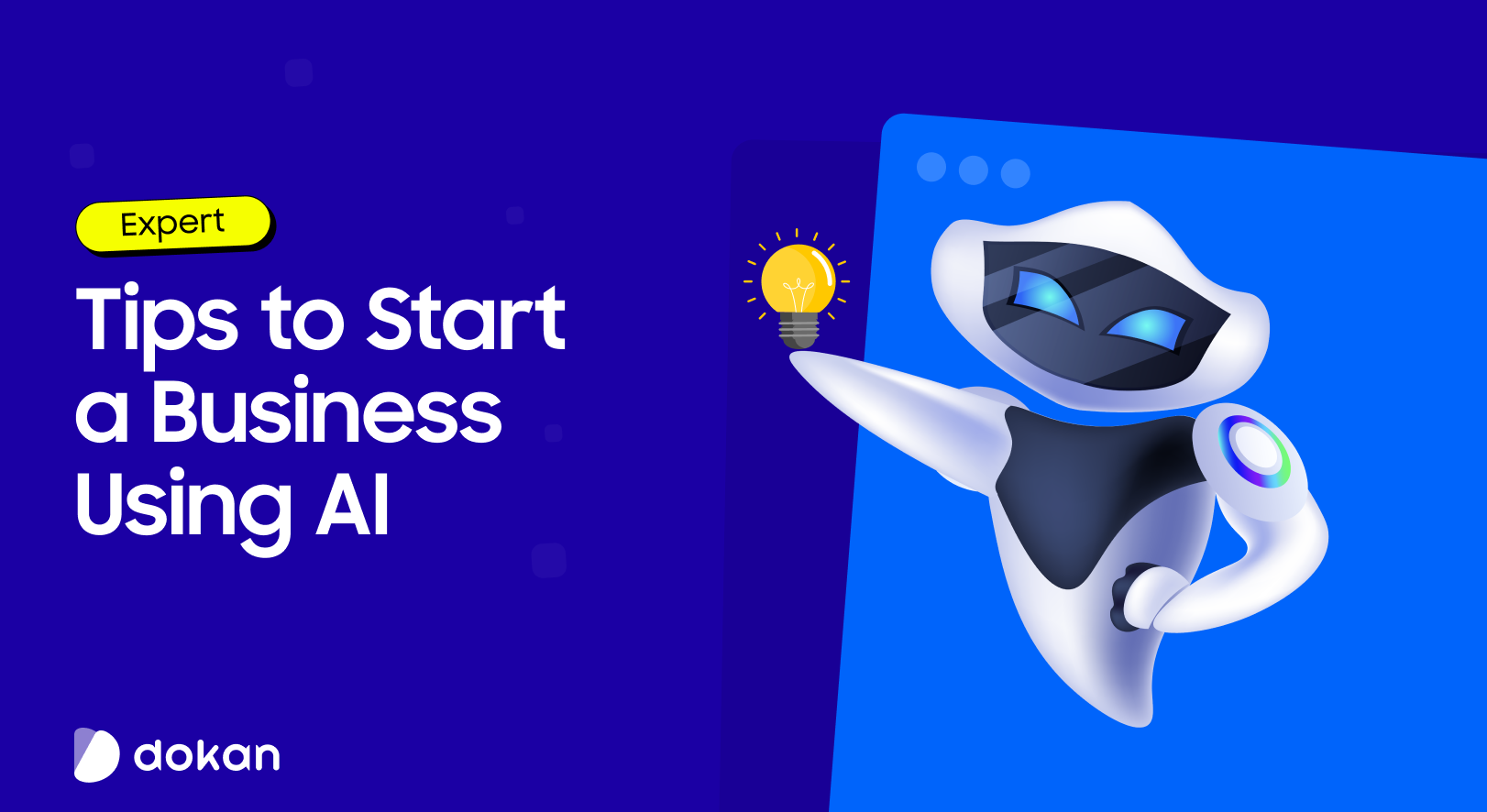


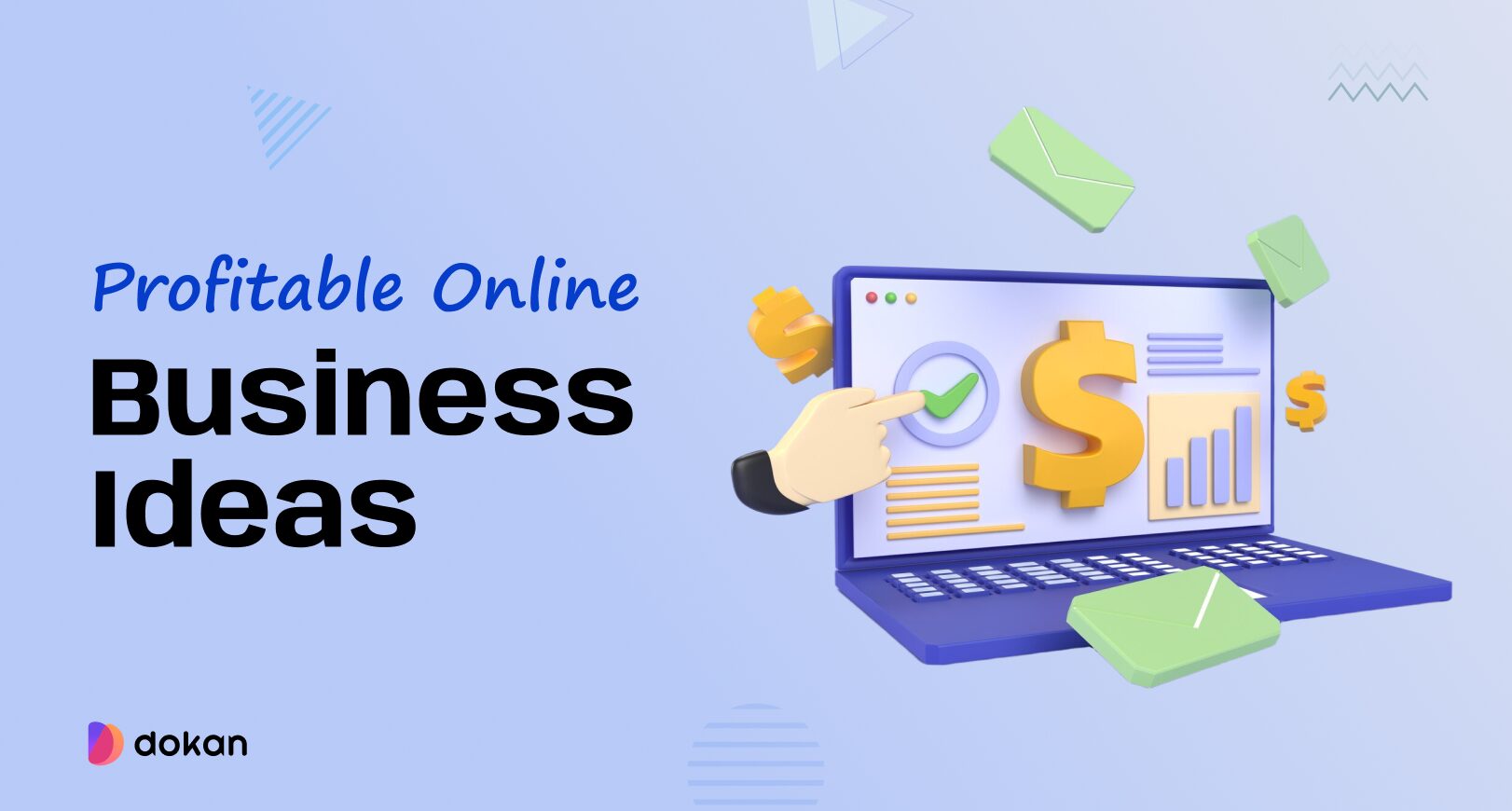
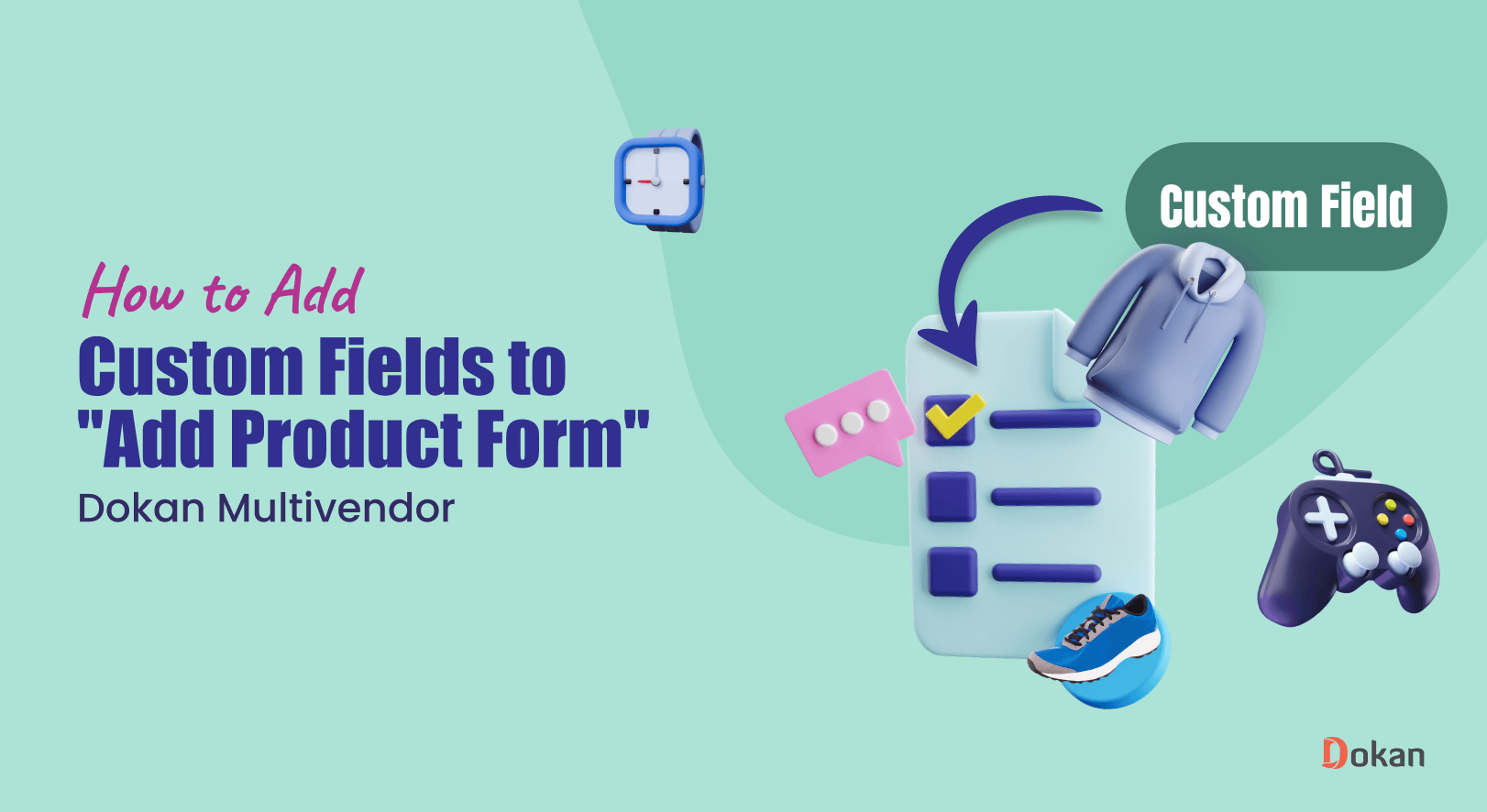

Leave a Reply